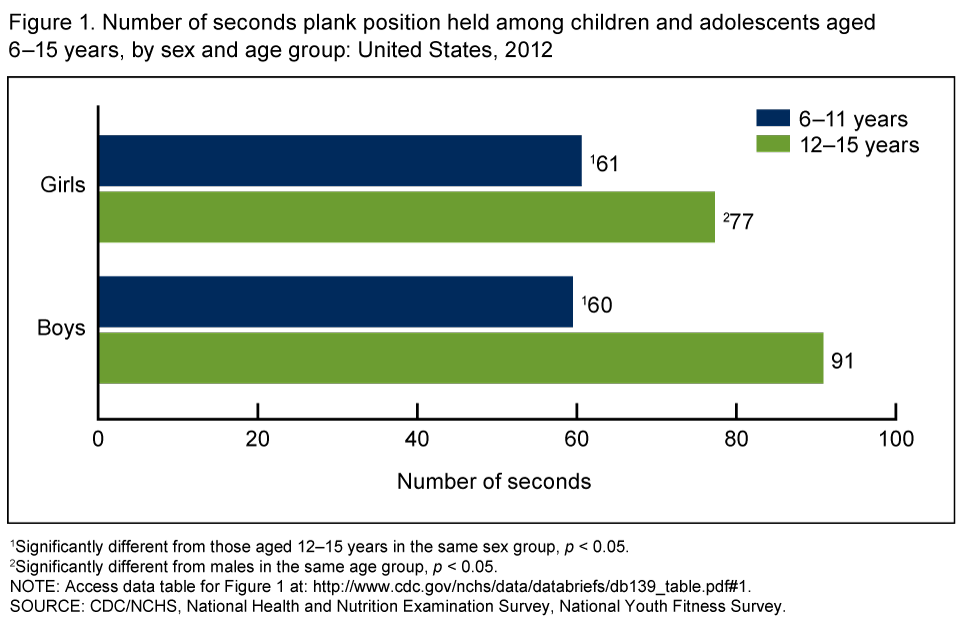

almost an hour earlier than other Americans These Americans have an average bedtime of 10:45 p.m.Americans who get more than 8 hours of sleep enjoy an average sleep quality of 82 percent - the highest sleep quality of all Americans.Exercisers snore less (21 minutes) than non-exercisers (25 minutes).Americans average 10 extra minutes of sleep when they work out during the day.Americans who exercise enjoy better sleep, regardless of gender or age.

According to the data, the two factors that most significantly contribute to a good night’s sleep are exercise and simply getting enough of it. What do we know about the best sleepers in America? America’s healthiest, happiest and best-rested people. Their average sleep quality has improved from 72.9 to 75.3 percent, but their wake-up mood remains unchanged at 57/100. They go to bed at 11:39 p.m., wake up at 7:09 a.m., spend 23.95 minutes snoring, have an average sleep quality of 74.2 percent, and rate their wake-up mood at 57 on a scale of 100.Īs a population, Americans got six minutes more sleep in 2018 than they got in 2015 - 7 hours and 21 minutes, up from 7 hours and 15 minutes. The Sleep Cycle app has more than three million active monthly users, and this report looked at three years’ worth of data, for a total of 148,116,221 nights of sleep.Īmericans spend an average of 7 hours and 18 minutes in bed each night. America’s healthiest, happiest and best-rested people. Sleep Cycle has today released a report that determines what we know about the best sleepers in America how sleep varies by age, gender and geography and what habits poor sleepers have in common. With attention to your sleep-and a new bedtime-you’ll see this important number start to rise.Sleep Cycle alarm clock > About Sleep > Sleep Science What we know about America’s healthiest, happiest and best-rested people If your number isn’t quite there yet, don’t be discouraged. Ninety percent is considered a very good sleep efficiency. In sleep science, we consider 85% or higher a healthy sleep efficiency and a reasonable goal. This number represents your sleep efficiency for that night. Actual time spent sleeping: 370 minutes (6 hours, 10 minutes)ĭivide 370 minutes by 420 minutes = 88%.Minus total time spent awake: 25 minutes.
#Average wake up time by age how to#
Here’s how to calculate your sleep efficiency for this night: You spent another 25 minutes awake throughout the night, a result of three separate periods of wakefulness. Let’s say you spent a total of 7 hours, or 420 minutes, in bed last night.

If you find yourself waking significantly ahead of your alarm, move your bedtime slightly later. The goal is to wake naturally about 5-10 minutes ahead of your alarm. This bedtime is a starting point, and may need some adjustment, as individual sleep cycles vary in their duration. That means lights out, in bed, ready for sleep at that time. Counting back 7.5 hours, your ideal bedtime is 10:30 p.m. Starting at your wake time, work back 7.5 hours to find your bedtimeįor example: You need to wake at 6 a.m.
#Average wake up time by age full#


 0 kommentar(er)
0 kommentar(er)
